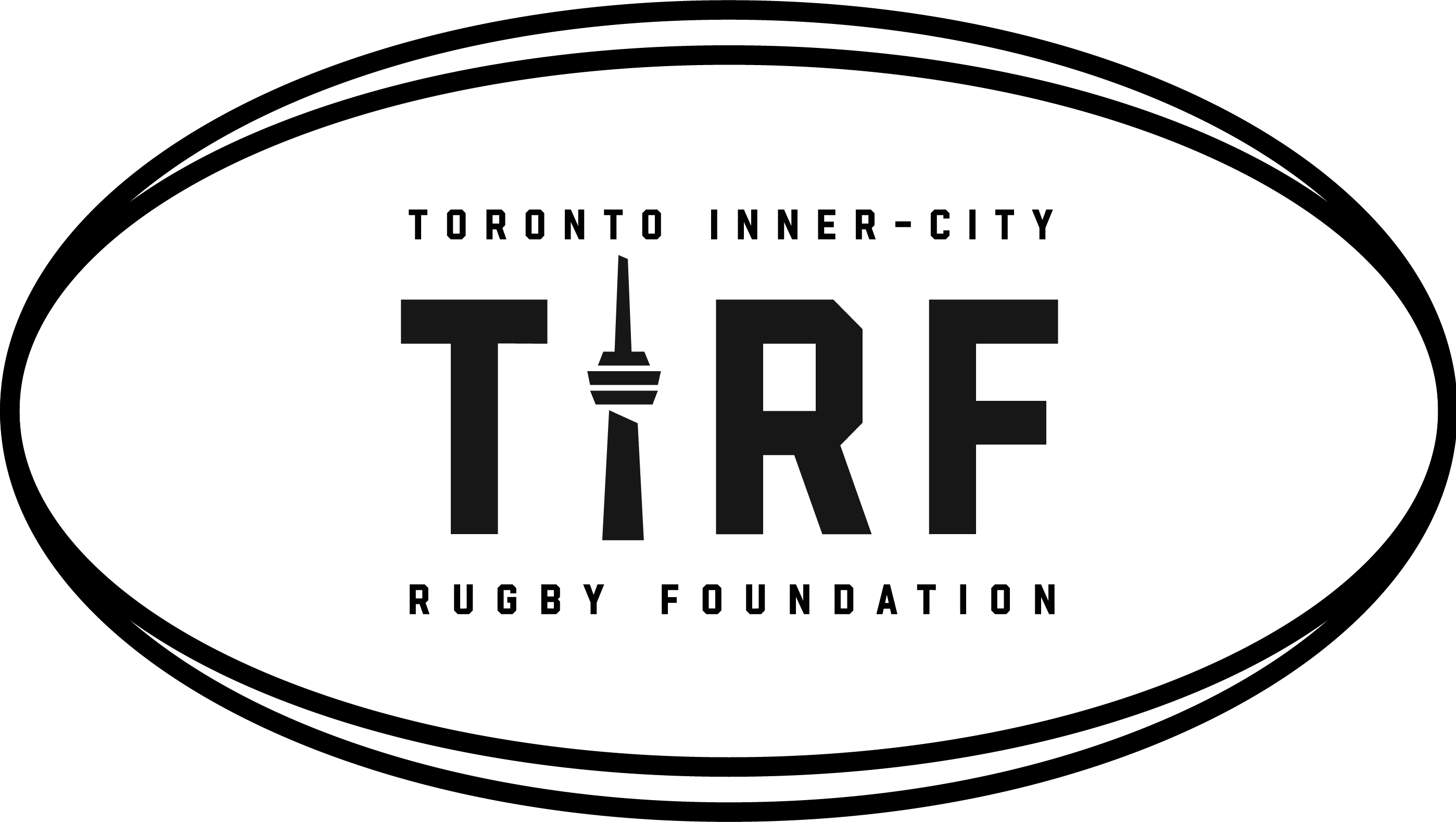Why TIRF Needs A Language Library
The Toronto Inner-City Rugby Foundation, more affectionately known as TIRF, is an organization that strives to use rugby as a tool for social good by empowering youth to reach their potential both in rugby and in life. TIRF’s goal is to break down financial and cultural barriers. TIRF works in communities all over Toronto with an intentional focus on delivering programming in lower-income neighbourhoods – communities that need access to low-barrier and high-quality recreation programming the most.
This summer, we were inspired by the success of our Video Skills Bank Library, funded by Ontario Trillium Foundation, to create more resources to support youth find themselves in sport.
While running flag-rugby programming at a camp, TIRF Staff were introduced to a child that was new to Canada and did not speak English well. Staff did not want this camper to be left-out, so TIRF staff tried to find ways to connect with this camper’s primary language. TIRF Staff tried using google translate and then called their friends who spoke multiple-languages to translate the instructions over the phone. It worked. He understood and was able to fully participate with the rest of the campers.
This showed highlighted the need for a language library. Audio translations of the games will be more beneficial for children than written translations because not all children will be able to read and comprehend the instructions. This experience with the summer camper demonstrated that we have access create a variety of audio explanations of our games to ensure that everyone is included.
TIRF’s Non-Contact Flag Rugby Curriculum is inspired by Rugby Canada’s Rookie Rugby Curriculum. It details games, skills, and drills for children and youth between the ages 4 to 14. Some of these are based on games they are already familiar with and add a rugby twist while others are completely unique. TIRF uses this curriculum to deliver rugby programming in schools and camps. TIRF was one of the organizations initially involved in the consultation and development of USA Rugby and Rugby Canada’s Rookie Rugby Curriculum. Even now, you can still see TIRF youth featured in the catalogue as photo examples.
The City of Toronto is very diverse with multiple languages in use across the city. This ties into another program offered by TIRF, Everyone’s Game. Everyone’s Game was created through funding by Heritage Canada, with the goal of promoting inclusive and safe spaces for youth in sport and allowing them a place to develop beyond rugby to reach their full potential. Our Language Library is a tangible example of everything Everyone’s Game stands for and will directly impact individuals. Specifically, the youth sitting on the sideline simply because they are unable to understand the rules of the game. By breaking down this barrier, youth can build a community, learn teamwork, and have the opportunity to grow both in and out of sport.
TIRF runs a house league for youth at Regent Park Athletic Grounds and 52% of Regent Park residents first-language learned at home was neither English nor French compared to Toronto’s rate of 48%. While 35% of Regent Park residents speak an unofficial language at home compared to Toronto’s rate of 29%. The top two languages in this area are Bengali and Mandarin. During the summer, TIRF do not have any facilitators that spoke those languages. This highlights the importance of TIRF’s language library. There is such important diversity in Toronto that TIRF wants to highlight and recognize by connecting with youth in their own languages. We believe this will generate more engaged youth in sport and build stronger connections in community.
The goal is to promote access, inclusivity, while playing and bringing sport to diverse and multicultural spaces. To do this, sport facilitators and coaches need to connect with youth in languages they understand and are comfortable with. We can leverage the current advances in technology to reduce barriers to newcomers participating in sport.
Sport creates an outlet and a productive place for youth to channel their energy while offering a safe environment for them to grow. This breaks down barriers later in life. The ultimate goal is to inspire and show children and youth that they can play rugby too.
